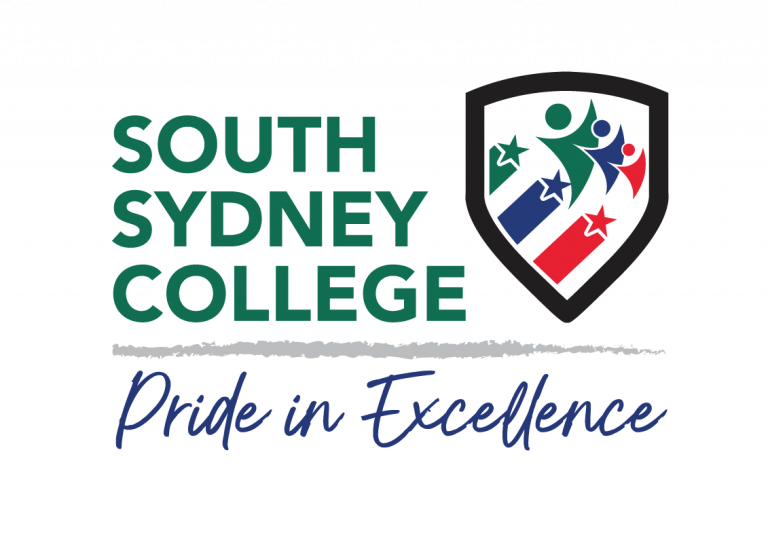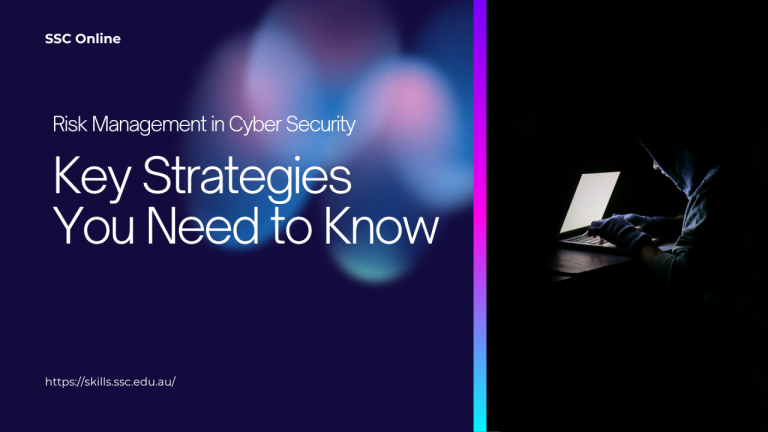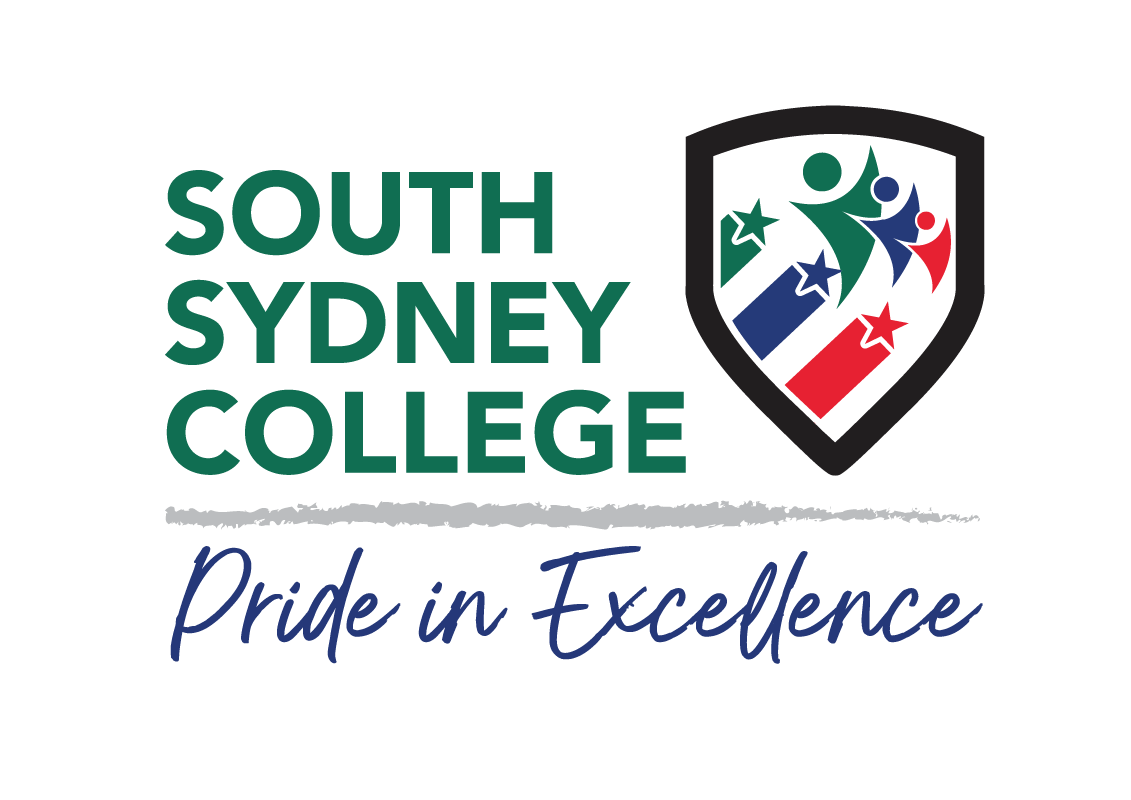In a world that is increasingly interconnected and diverse, the importance of community services education cannot be overstated. Beyond its immediate impact on communities, it serves as a powerful catalyst for personal growth, transforming volunteers into leaders who are not only aware of the issues at hand but are also equipped to drive positive change.
Here we will explore the journey from volunteer to leader, delving into the transformative power of community services education and its profound effects on individuals.
The Beginnings: Discovering the Call to Serve
Community services often begin with a simple desire to make a positive impact. Volunteers, driven by empathy and social responsibility, step forward to contribute their time and skills to a cause greater than themselves. This initial step is the foundation upon which the transformative journey is built.

The journey into community services often commences with a profound and personal realisation—the discovery of a call to serve. Individuals, moved by empathy and a sense of social responsibility, take their initial steps towards making a positive impact on the world around them. This call to serve is a deeply rooted desire to contribute to something greater than oneself, a recognition that the well-being of one’s community is interconnected with personal fulfilment. As volunteers step forward to engage with various causes, whether in local initiatives, global outreach, or grassroots efforts, they embark on a journey that transcends mere altruism. This initial spark, fueled by a genuine desire to effect positive change, sets the stage for a transformative experience, marking the beginning of a lifelong commitment to services and a heightened awareness of the broader societal issues that shape the world we live in.
As volunteers engage with diverse communities and witness firsthand the challenges others face, their understanding of the world expands. This exposure is crucial in the transformation process, fostering empathy and breaking down preconceived notions. The journey from volunteer to leader begins with an open heart and a willingness to learn from the experiences of those being served.
Learning Beyond the Classroom
Community services education goes beyond traditional classroom learning. It provides a hands-on, experiential education that cannot be replicated within the confines of a lecture hall. Volunteers are exposed to real-world problems, forcing them to think critically and creatively to find solutions.
Learning beyond the classroom takes on a transformative dimension through the educational aspect of services. Community services provide a hands-on, experiential education that transcends the traditional confines of textbooks and lectures. As individuals engage in service activities, they confront real-world challenges, gaining practical insights and skills that go far beyond theoretical knowledge. Whether volunteering in a local community centre, participating in environmental initiatives, or contributing to educational programs, the experiential learning acquired is immediate and impactful. This form of education fosters critical thinking, problem-solving abilities, and a deep understanding of societal issues. The educational aspect of services not only equips individuals with practical skills but also instils a profound sense of empathy and social responsibility, creating a holistic learning environment that extends well beyond the classroom walls.
The educational aspect of community services empowers volunteers with a deep understanding of the issues they aim to address. Whether it’s working in a local food bank, participating in environmental clean-ups, or volunteering in educational programs, the knowledge gained is not theoretical but practical and applicable. This real-world education becomes the bedrock for the leadership skills that will later emerge.
Leadership Development: Nurturing Skills and Qualities
As volunteers become more involved in community services, they naturally develop leadership skills. Communication, teamwork, and problem-solving abilities are honed in the field as volunteers collaborate with others to achieve common goals. The diverse nature of community services exposes individuals to different perspectives, teaching them the value of inclusivity and cultural competence.
Leadership in community services is not about wielding authority; it’s about inspiring and facilitating positive change. Volunteers learn to adapt to various situations, make informed decisions under pressure, and motivate others to contribute their best. These leadership skills, cultivated through direct engagement with community issues, form the cornerstone of a volunteer’s transformation into a capable leader.
Leadership skills encompass a set of qualities and abilities that enable individuals to guide, inspire, and influence others toward shared goals. Effective leaders possess strong communication skills, allowing them to articulate a compelling vision and foster transparent dialogue within a team. Decision-making is a critical facet of leadership, where sound judgment, strategic thinking, and the ability to assess risks are paramount. A good leader demonstrates adaptability, navigating challenges with resilience and flexibility. Furthermore, leaders excel in building and nurturing relationships, fostering a collaborative and inclusive environment. Emotional intelligence is a key element, that enables leaders to understand and empathize with the emotions of team members. Lastly, successful leaders inspire motivation and commitment, encouraging their teams to achieve their full potential. Leadership skills are dynamic and multifaceted, evolving with experience and a commitment to continuous improvement.
Building Resilience: Overcoming Challenges in Services
The journey from volunteer to leader is not without its challenges. Community services often involve confronting complex issues and navigating situations that can be emotionally taxing. However, overcoming these challenges is an integral part of personal growth.
Building resilience becomes a central theme in the narrative of community services, where individuals confront and overcome challenges that extend beyond their comfort zones. services work often involves navigating complex issues and addressing the needs of communities facing adversity. Volunteers encounter situations that require adaptability, perseverance, and a tenacious spirit. The process of overcoming these challenges contributes significantly to the development of resilience—a key outcome of engagement in community services. Whether facing setbacks in project implementation, witnessing the harsh realities of social issues, or dealing with the emotional toll of helping those in need, individuals learn to bounce back, grow stronger, and endure in the face of adversity. This resilience becomes not only a personal asset but also a quality that equips individuals with the fortitude to tackle life’s uncertainties beyond the realm of community services, enhancing their overall ability to navigate challenges in diverse aspects of their lives.
Resilience is a key outcome of community services education. Volunteers learn to persevere in the face of adversity, developing a tenacity that serves them well in various aspects of life. The ability to bounce back from setbacks is a quality that distinguishes leaders, and community services provide a fertile ground for its cultivation.
Empowering Others: The Heart of Leadership
True leaders emerge not only through personal development but also by empowering others to make a difference. As volunteers witness the impact of their efforts, they naturally transition from being recipients of knowledge and assistance to facilitators of change.
Community services education instils a sense of agency in individuals. Leaders in the making understand the importance of fostering a collaborative spirit, encouraging others to take initiative, and creating a positive ripple effect within their communities. This empowerment is a testament to the transformative power of community services education, as it goes beyond personal growth to inspire collective action.
The Ongoing Journey
The journey from volunteer to leader is an ongoing process marked by continuous learning and adaptation. Community services education provides a dynamic platform for individuals to evolve, not only in their understanding of societal issues but also in their capacity to effect meaningful change.
As volunteers immerse themselves in services, they not only give back to their communities but also receive invaluable lessons that shape their character. The transformative power of community services education lies not just in the outcomes achieved but in the individuals who emerge from the experience—compassionate, informed, and empowered leaders ready to tackle the challenges of a complex world. The journey from volunteer to leader is a testament to the enduring impact of community services education on personal growth and societal progress.
More Informative Blogs:
Effective Impact Of Hospitality Management On Youth & Community
The Power Of Information Technology In Shaping A Better Future




